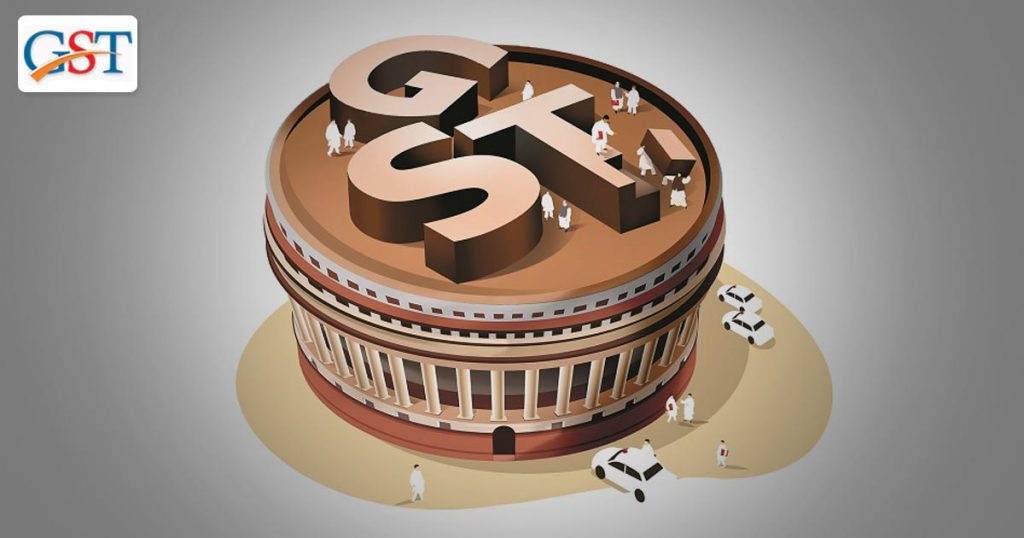
In a bid to improvise the goods and services tax regime, the authorities are looking at every method to make it successful and more productive. Many of the industry experts have made some insights in the indirect tax regime and have come up with multiple suggestions ranging from GST evasion to future course.
Let us get down to the basic and also important question based on the GST and their related answer so that the viewers can get an idea of it:
How to keep a hawk eye on tax evasion?
The GST Council is leaving no stone unturned to completely expel off the tax evasion practice. For this, the council is planning to use technology and data collected from different sources in a full-fledged way.
Read Also: Does GST System Need to Be More Technically Strict Against Tax Evasions?
For this GST council has put a proposal which is to order large-sized firms to generate invoices on a designated portal for business-to-business transactions as this will help curb the situation when the buyer takes credits for taxes which the seller has contributed to the government’s revenue. “Identifying and plugging revenue leakage would be a priority for the GST Council”, said EY tax partner Abhishek Jain. “The proposed new return form will restrict tax credit utilization to the extent the invoices uploaded by the seller will allow,” he added.
What is the level of revenue deficit?
The United ground zero of revenue collection by the central and state government was fixed at about INR 1.14 trillion. Although the revenue collection of more than INR 1 trillion in May exceeds the collection of the same month of last year still can’t usurp the target fixed for the month.
In such a scenario of revenue deficit, the situation sprouts out when the central government needs to provide compensation to the state government to outset the losses.
If the situation persists to prevail like this, then there would be no chance left for the curtailment in GST rates by GST council until the situation comes when the growth in revenue turns sky-scraping from sleepyheaded.
How can the close coordination between the direct and indirect tax administration be helpful?
GST leaves no room for camouflaging the income by kicking in translucence in sales which has helped in the improvement of income tax and corporate tax. This reform in Indirect taxation system will let its unification with direct tax, be helpful for officials to link the dots and profile assessees in a better way.
How GST evasion is working in the retail industry?
Evasion at retail level takes place in two ways. One is selling without invoices and the second is retailer keeping the tax amount collected from the customer with itself instead of sending it to the government revenue.
Selling the products without an invoice will lead to a situation when the retailer will require more inventor than what is represented in the records. For this, they often use the same e-way bill (electronic permit for transportation of goods) numerous times. Now, the officials are planning to validate e-way bills by matching it with the data accumulated at toll plazas. According to officials, the movement of radio frequency identification-enabled vehicles will help in the abbreviation of this issue.
How the GST will make its way in the coming future?
The tax officials of Central and State level have been taking an indulgent approach in governing the techno based tax, giving ample time to the businessmen and traders to fit in with the new tax mechanism. This has germinated a situation when the new and stringent approach has to be adopted. GST council is ironclad on its topmost agenda of the implementation of a new and easier GST return filing form that will complicate the tax evasion and stabilise the revenue collection.
The medium-term agenda of GST council encompasses the converging the two standard tax rates i.e.12% and 18% which are applicable on a vast number of items. This agenda is a middle term because it will roll out somewhere in the middle when revenue collection starts improving.